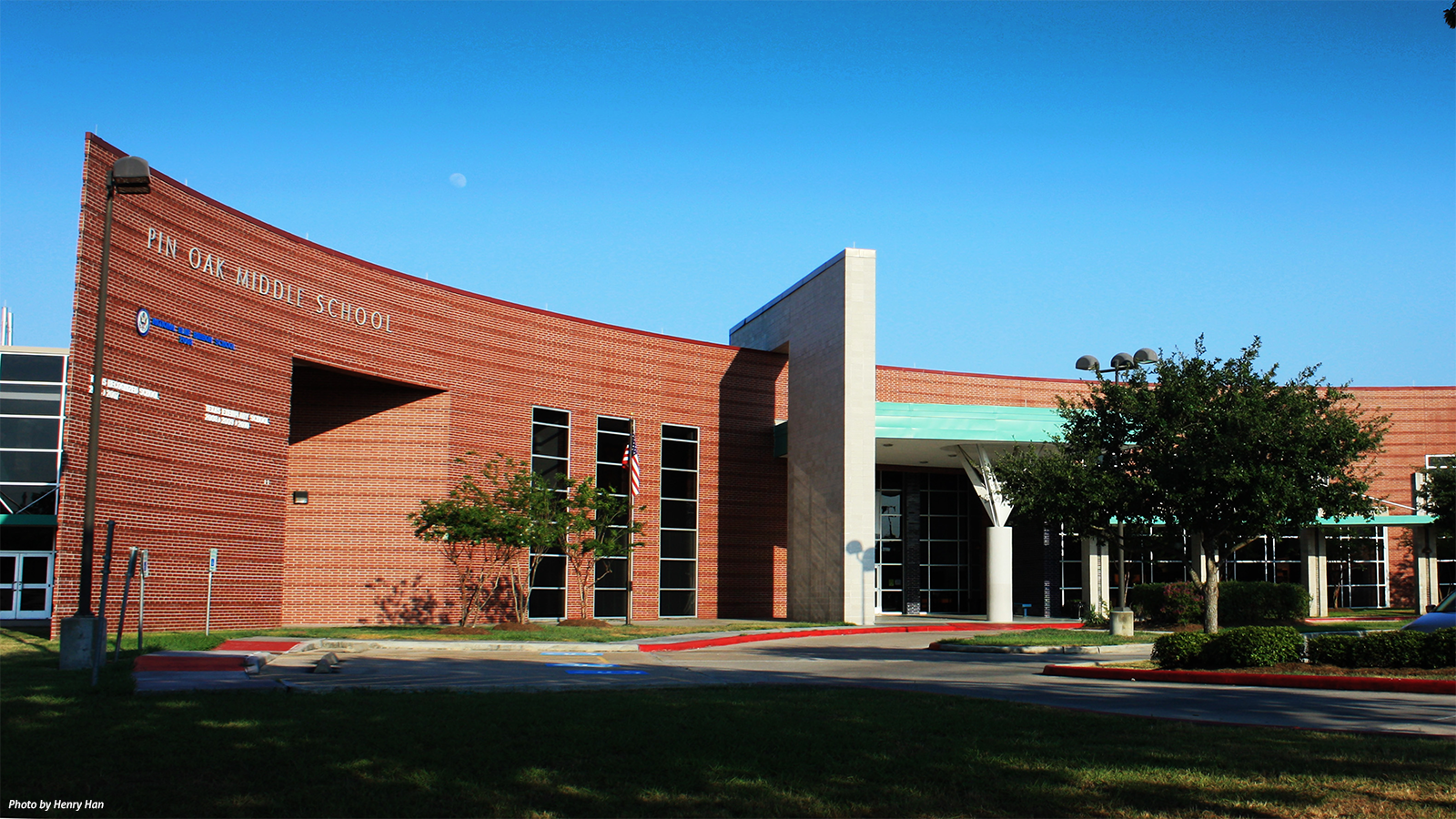Fundraising Concepts to Help Save Temecula Schools and Programs
Wiki Article
Comprehending the Relevance of Institutions in Youngster Growth and Neighborhood Development
Institutions' engagement with local communities via service-learning efforts enhances the bond between families and instructional establishments. This cooperative connection underscores the relevance of colleges in supporting active citizenship and lifelong understanding routines.Academic Accomplishment
Academic accomplishment works as a keystone of kid advancement, providing the structure upon which future understanding and success are constructed. Schools play a critical role in fostering this scholastic growth, supplying structured environments where youngsters can acquire necessary understanding and cognitive skills. Standard educational program make certain that trainees gain efficiency in core topics such as mathematics, scientific research, and language arts, which are vital for both college and expert opportunities.Along with passing on essential scholastic skills, institutions also cultivate vital thinking, analytical capabilities, and intellectual interest. These cognitive competencies are crucial for navigating complicated real-world circumstances and adjusting to the ever-evolving demands of the modern work environment. Teachers, as facilitators of discovering, employ diverse pedagogical approaches to deal with varied discovering designs, therefore making best use of private pupil possibility.
Additionally, scholastic success is closely linked to self-esteem and motivation. Children that experience academic success are more probable to create a positive self-concept and a lifelong passion for understanding. Schools also use different resources, such as libraries and innovation, which better improve the academic experience and prepare pupils for a technologically advanced culture.
Social Ability Growth
Beyond scholastic achievement, the duty of colleges in social ability growth is vital. Schools function as a key place for children to find out and exercise important social skills such as participation, problem, and interaction resolution. In the structured environment of a classroom, students interact with peers, educators, and other college team, using various possibilities to establish these vital abilities.Effective social skill growth in colleges is promoted through group activities, joint jobs, and extracurricular programs. These interactions assist students understand social standards, build empathy, and foster a feeling of neighborhood. For instance, group projects teach trainees how to collaborate towards a common goal, listen to various point of views, and navigate disagreements constructively.

The cultivation of social skills throughout college years lays a structure for future personal and expert partnerships. Save Temecula Schools. As students grow, the capability to properly work together and connect ends up being significantly vital, underscoring the school's essential function in alternative youngster growth
Exposure to Diversity
Direct exposure to variety in colleges is essential to fostering an inclusive attitude and widening students' viewpoints. Schools function as a microcosm of the more comprehensive culture, and encountering varied cultures, languages, and socioeconomic backgrounds within this environment equips pupils with important skills for navigating a progressively globalized world. This direct exposure urges compassion, lowers bias, and advertises mutual respect among peers.Research study indicates that pupils who interact with peers from varied histories display better analytic abilities and creative thinking. This understanding of variety prepares students for future offices that value multicultural competence - Save Temecula Schools.

Neighborhood Engagement
The benefits of varied class extend beyond the institution walls, promoting a solid feeling of area involvement among pupils. By communicating with peers from numerous social, socioeconomic, and ethnic histories, students gain a wider perspective and an admiration for diversity. This direct exposure urges them to end up being energetic residents that agree to contribute positively to their communities.Schools that emphasize neighborhood involvement frequently incorporate service-learning tasks, which allow trainees to resolve real-world problems while applying academic skills. These tasks not just improve students' understanding of their coursework however additionally impart a feeling of obligation and compassion. Partnerships between colleges and neighborhood organizations offer students with opportunities to take part in community occasions, better strengthening their role as proactive neighborhood participants - Save Temecula Schools.
Additionally, adult and area involvement in colleges strengthens the bond between schools and the areas they serve. When schools open their doors to community occasions, workshops, and volunteer opportunities, they create a collaborative environment that benefits all stakeholders. This common support group makes certain that trainees obtain all natural advancement, preparing them to end up being well-shaped individuals who value and add to their neighborhoods. Via these initiatives, institutions play a critical role in supporting neighborhood engagement and promoting societal development.
Lifelong Discovering Routines
Creating long-lasting understanding habits is necessary for a youngster's continuous growth and adaptability in an ever-changing globe. Schools play a pivotal function in instilling these behaviors by creating a setting that fosters interest, essential thinking, and a love for understanding. With varied curricula and extracurricular tasks, instructors motivate students to explore numerous topics, examine info critically, and use their discovering to real-world circumstances.
Moreover, schools offer an organized environment where children can develop self-control his explanation and time management skills, both of which are important for continuous understanding. By emphasizing the significance of establishing goals, assessing development, and adapting approaches, academic establishments prepare students to browse the complexities of grown-up life, guaranteeing they stay lifelong students and factors to culture.
Final Thought
In conclusion, colleges are necessary in promoting child advancement and neighborhood growth by providing settings favorable to scholastic accomplishment, social skill growth, and exposure to diversity. Inevitably, institutions grow long-lasting knowing habits, furnishing individuals with the needed knowledge and abilities to contribute favorably to society.In the structured explanation atmosphere of a class, trainees connect with peers, teachers, and other college staff, supplying numerous chances to develop these vital capabilities.
In essence, direct exposure to variety within schools not just improves individual trainees however likewise reinforces the social fabric of the neighborhood as a whole.
The advantages of diverse class extend beyond the institution wall surfaces, cultivating a strong sense of area involvement among trainees.Institutions that stress area involvement commonly include service-learning projects, which allow trainees to attend to real-world problems while using helpful resources academic skills. Partnerships in between institutions and local companies provide pupils with chances to participate in area occasions, better solidifying their duty as aggressive neighborhood members.
Report this wiki page